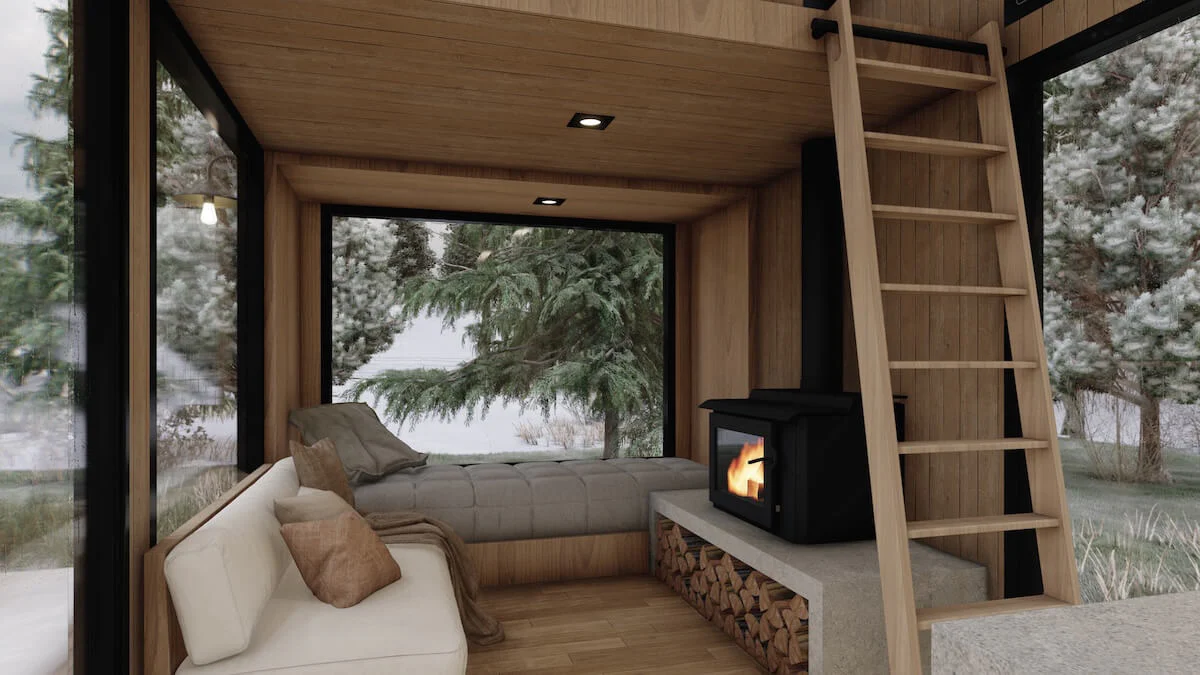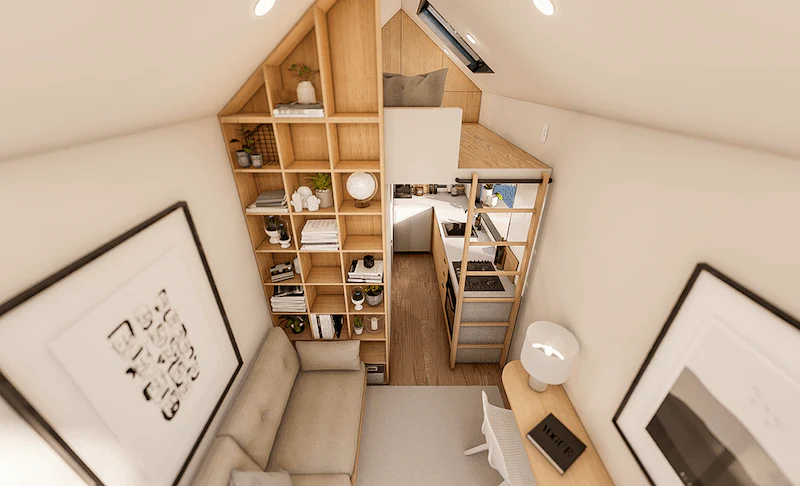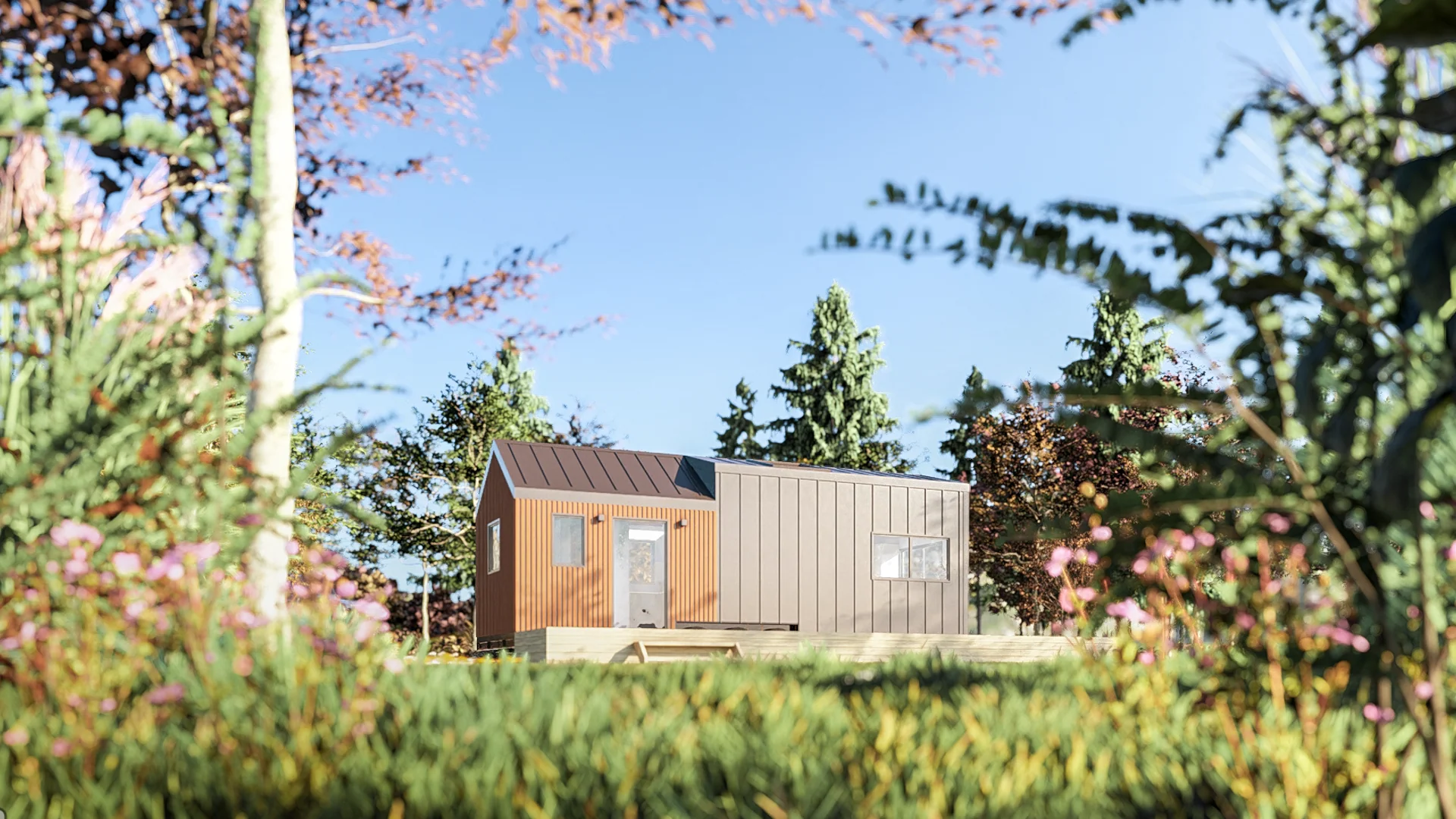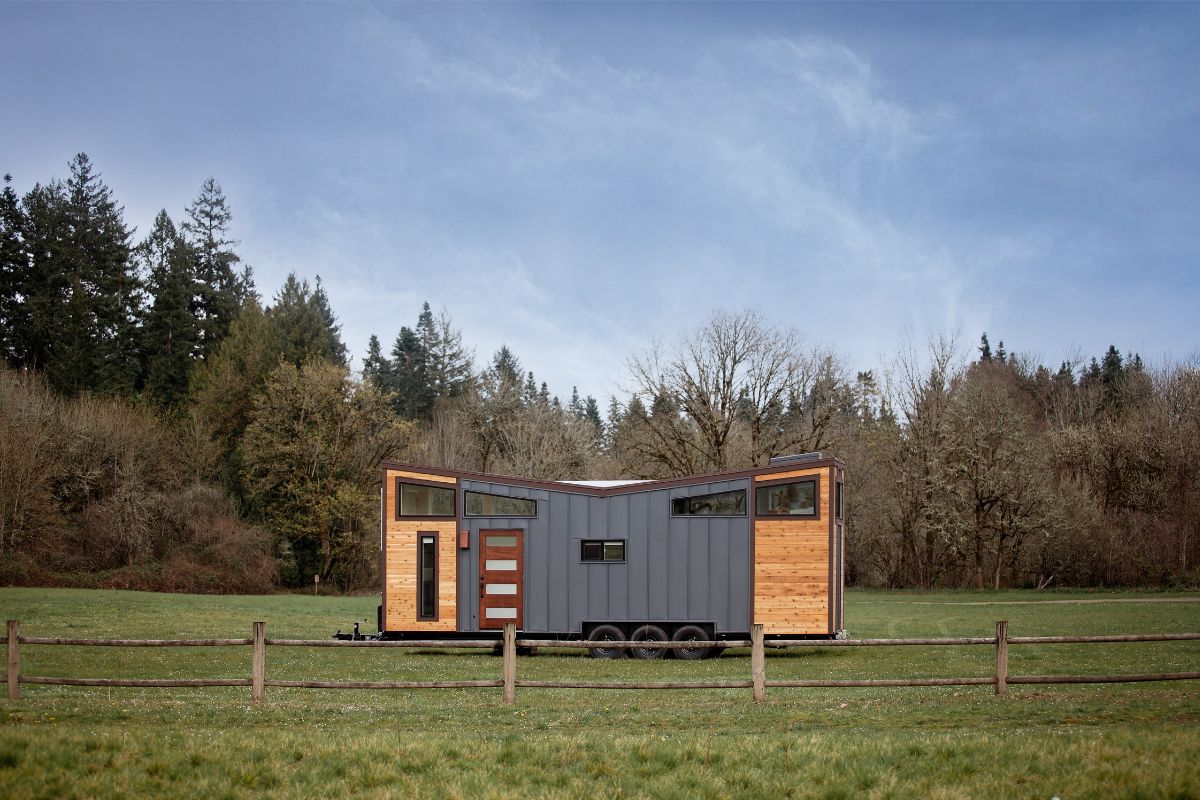Ultimate Guide to Selecting Decorative Wall Panels

Photo by Dorothe Wouters on Unsplash
In building your dream home, you need to consider the exterior and interior designs as well as small details such as themes, color schemes, and ideal floor materials for small houses. Aside from this, you can add decorative panels for its functional and decorative purpose.
- Achieving the perfect balance between aesthetics and functionality is crucial when selecting decorative wall panels for your tiny house.
- The choice of materials goes beyond mere aesthetic.
- In a tiny house, every inch of space matters. Look for decorative wall panels that not only enhance the visual appeal but also contribute to space optimization.
- Embrace sustainability by choosing decorative wall panels made from eco-friendly materials.
- Beyond the visual aspects, take into account practical considerations such as acoustic performance, climate compatibility, fire resistance, and customization options.
In the pursuit of maximizing space and enhancing aesthetics, choosing the right wall panels plays a crucial role. These panels not only serve a functional purpose but also contribute significantly to the overall ambiance of your tiny home. Here are some aspects to think about when selecting wall panels for your tiny home.
Material Matters
The choice of material for your wall panels is fundamental to both aesthetics and functionality. Common materials include wood, MDF (Medium-Density Fiberboard), PVC (Polyvinyl Chloride), and metal. Each material has its unique characteristics, so it's essential to consider factors such as durability, weight, and maintenance requirements. Wood panels, for instance, add a warm and natural feel but may require more maintenance than PVC panels, which are known for their durability and easy upkeep.
Style and Design
The style of your decorative panels can significantly impact the visual appeal of your tiny home. Whether you prefer a rustic, modern, or eclectic look, there are panels to match every taste. Consider the existing interior design elements and choose panels that complement or contrast them appropriately. Additionally, explore various patterns, textures, wall painting decor to find the perfect fit for your aesthetic preferences.
Space Optimization
In a tiny home, every inch of space counts. Decorative panels can serve dual purposes by not only adding visual interest but also contributing to space optimization. Opt for panels that offer additional functionalities such as built-in shelves, foldable desks, or hidden storage compartments. This ensures that your walls not only look good but also serve practical purposes in a compact living space. Since space is an important aspect that can impact one’s well-being and productivity, recognizing its significance of space and its purpose is vital.

Ease of Installation
Given the limited space in a tiny home, the ease of installation is a crucial factor. Choose wall panels that are designed for straightforward installation, whether you plan to DIY or hire a professional. Interlocking panels or those with adhesive backing can simplify the installation process, saving you time and effort. Additionally, consider the weight of the panels, as lightweight options are easier to handle, especially in small spaces.
Environmental Impact
According to TWI, “Sustainability is the ability to exist and develop without depleting natural resources for the future”. As sustainability becomes a growing concern, considering the environmental impact of your choices is essential. Look for decorative panels made from eco-friendly materials, such as reclaimed wood or recycled plastics. Not only does this contribute to a greener lifestyle, but it also adds a unique character to your tiny home. Ensure that the manufacturing process and disposal of the panels align with your commitment to reducing environmental impact.
Budget Considerations
While designing your tiny home, it's crucial to stick to your budget. Budgeting is important because as myMoneyCoach has stated “Since budgeting allows you to create a spending plan for your money, it ensures that you will always have enough money for the things you need and the things that are important to you.” Decorative panels come in a wide range of price points, so identify your budget constraints early in the planning process. Keep in mind that higher-quality materials and unique designs may come with a higher price tag. Consider the long-term benefits and durability of the panels when making budgetary decisions to ensure a wise investment.
Maintenance Requirements
Small houses often require low-maintenance solutions, and your wall panels should be no exception. Consider the maintenance requirements of different materials and finishes. For example, glossy finishes may show fingerprints more than matte finishes, and wood panels may need periodic sealing or polishing. Choose panels that align with your desired level of maintenance commitment, allowing you to enjoy your compact house without constant upkeep.
Lighting Considerations
Lighting can significantly impact the way decorative panels are perceived in your tiny house. Consider the placement of windows and artificial lighting sources when choosing panel colors and finishes. Lighter panels can help brighten up a space, making it feel larger, while darker panels may add a cozy and intimate atmosphere. Experiment with lighting setups to find the perfect balance that enhances both the panels and the overall ambiance of your tiny home.
Acoustic Performance
In a small living space like small houses, the acoustics can significantly impact your overall comfort. Consider decorative panels with acoustic properties to reduce noise and create a more peaceful environment. Some panels are designed specifically for sound absorption, helping to minimize echoes and disturbances within the confined space.

Climate Compatibility
The climate in the area where your compact house is located can influence the choice of wall panels. In humid environments, for instance, moisture-resistant materials such as PVC or metal panels may be more suitable to prevent warping or mold growth. In colder climates, consider panels with insulation properties to improve energy efficiency and maintain a comfortable temperature inside your tiny home.
Fire Resistance
Safety is paramount in any living space, and small houses are no exception. Check the fire resistance ratings of different wall panel materials. Some materials, like gypsum or fire-resistant coatings, offer enhanced protection. Ensure that the chosen panels meet safety standards to provide peace of mind in case of unexpected events.
Longevity and Durability
The durability of your chosen wall panels is essential for the long-term enjoyment of your compact house. Consider the wear and tear the panels may experience in a small space with limited room for movement. High-traffic areas might benefit from more robust materials, while decorative accents in less frequently used spaces can be more delicate.
Supplier Reputation
Research and choose reputable suppliers for your decorative panels. Read customer reviews, check for warranties, and inquire about the supplier's reputation for customer service. A reliable supplier ensures the quality of the panels and provides support in case of any issues during or after the installation process.
Conclusion
Choosing the right wall panel for your tiny house involves a thoughtful consideration of various factors, including materials, style, space optimization, ease of installation, environmental impact, budget, maintenance, and lighting. By carefully weighing these aspects, you can create a harmonious and visually appealing interior that maximizes both style and functionality in your compact living space. Remember, the key is to strike a balance that reflects your personal taste while ensuring a comfortable and efficient tiny house living experience.










